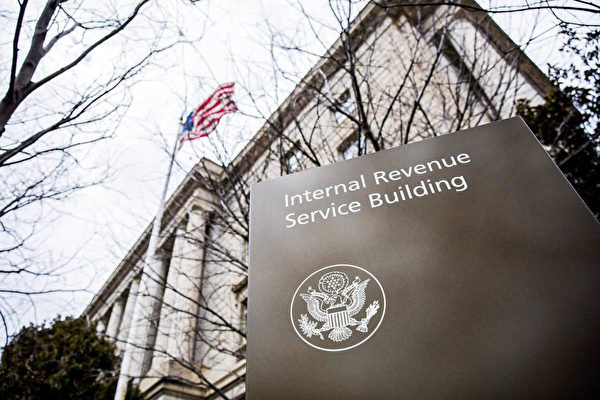As the US Internal Revenue Service (IRS) adjusts tax regulations, these subtle changes may also have an impact on Americans’ salaries. Even without a raise, taxpayers in 2025 could end up with more money after taxes, making their wallets a bit fuller.
The IRS recently announced around 50 changes to tax regulations that will affect tax filings in 2025. The most significant changes include a 2.7% increase in the standard deduction and modifications to individual tax rates.
These adjustments are routine updates made by the IRS based on inflation. The adjustments to the standard deduction in 2025 are smaller compared to 2024 and even more subdued than in 2023.
According to a report by The Hill, the Tax Foundation estimates that the IRS’ updates to tax regulations help reduce “bracket creep.” Bracket creep refers to the increase in your income tax bracket due to inflation or a decrease in exemptions, deductions, and tax-free amounts.
For instance, if your income in 2024 was $101,000, placing you in the third tax bracket, you would pay 10% on the first $11,600 earned, 12% on income between $11,601 and $47,149, 22% on income between $47,150 and $105,524, and 24% on each dollar above that.
If you did not receive a raise in 2025 and your income remained at $101,000, you would not reach the 24% tax bracket. In 2025, you would face the following tax rates: 10% on the first $11,925 earned, 12% on income between $11,926 and $48,475, and 22% on the rest.
This is a simplified example and does not consider standard deductions and other tax-related circumstances.
The Tax Foundation explains that as long as you are not bumped up into a higher tax bracket, you will not face a higher tax obligation. Instead, due to inflation, the IRS raising the upper limits of tax brackets may potentially reduce the federal taxes deducted from your wages.
Even if you receive a raise in 2025, there is not much cause for concern. Financial experts say you are not actually required to pay “more” in taxes because the IRS adjusts tax brackets based on the average inflation rate. However, individuals may tend to view a salary increase as a reflection of their job performance rather than inflation.
According to data from the US Department of Labor for the past year ending in September, the inflation rate in 2024 slightly decreased to 2.4%. This is an improvement from 3.4% in 2023 and 6.5% in 2022.

